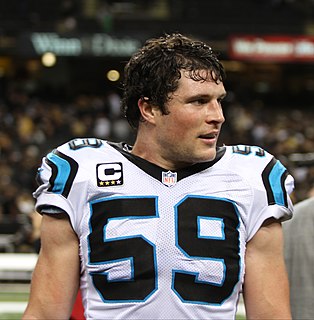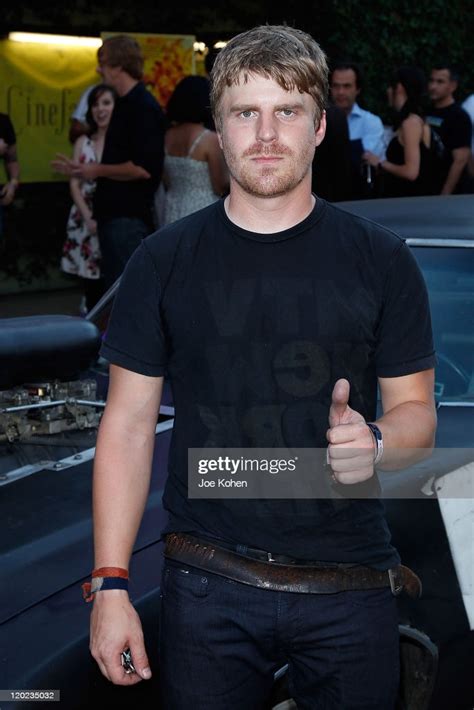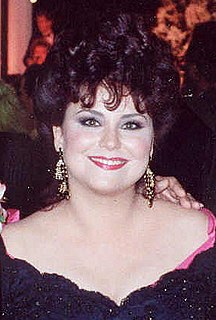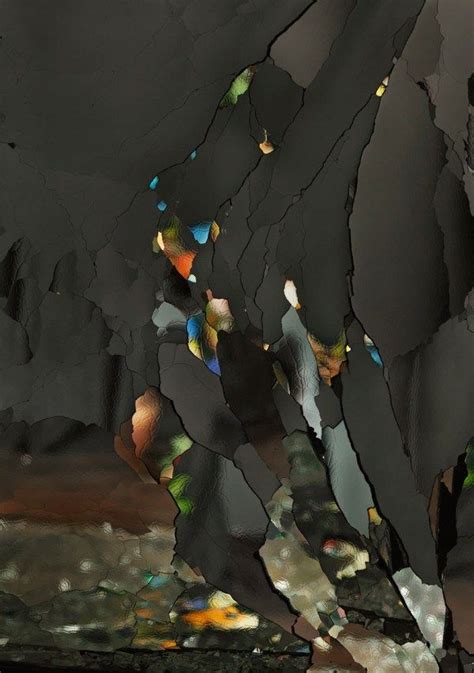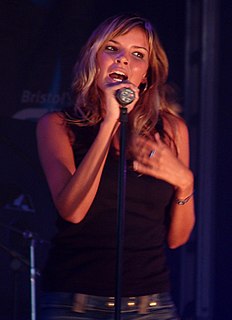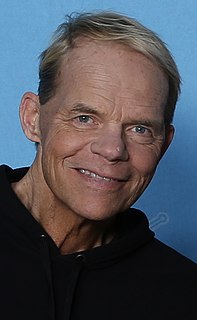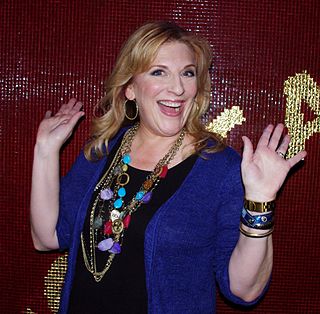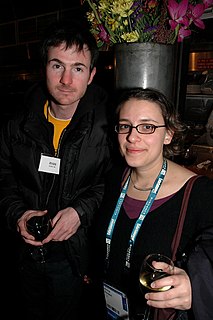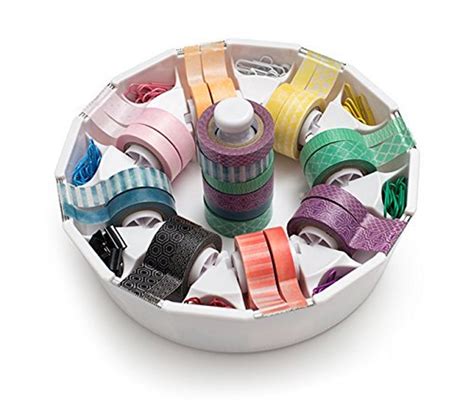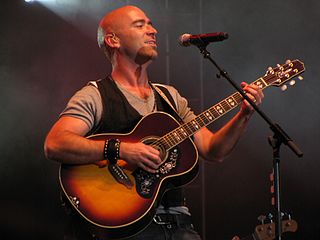A Quote by Felicia Day
I guess I just always had this idea that I would go to Hollywood. I had the typical 'get up and go' attitude that you have to have in order to make the brave step into the big city.
Related Quotes
I worked in the warehouse, and I would pick up orders. I would go to the computer screen, print off the order from a customer and then it would have where all the stuff was located in the warehouse. I'd go get a big gray cart, and you had to fill up these bins with all the parts. And it wasn't air-conditioned in there.
I was trying to be 27 at age 47, but God had to get rid of my vanity. I had trouble letting go of the old Lex physically. My human fleshly nature didn't want to let go of what had come to be billed as 'The Total Package.' I guess God had to help me get rid of the last remnant of that vanity and pride.
My experiences growing up - my father lived in New York, so I was going out there in the summers and meeting really interesting people and people having what seemed to me to be extraordinary experiences and really taking advantage of these wonderful opportunities. And so I will go - I would go to the big city and watch these people performing onstage and doing television and films. And then I would go back to Hayward, and it just suddenly felt that much smaller and sort of limiting because I had this hyper awareness of how much larger the world was.
You can't find an uglier urban environment than the centre of Hollywood, but then you go to Griffith Park, you go to the beach, you go to the mountains, and it's rural. I live up in the Hollywood Hills and I have frogs, owls, coyotes, mountain lions - but I'm ten minutes from the centre of the city.
There's no love in my songs. There's just a lot of resentment. Just bad attitude. But that's intentional, that's what I like. I love the whole idea of Motown. Their idea was to sing how down on their luck they were, but the song implied hope that it would get better. I liked that idea, and I wanted to go even further with it.
When I went around promoting 'Crumb,' there would be days I'd wake up in, like, Houston or Cleveland, and I'd step outside the hotel and get no idea where I was. It all looks the same: one big corporate, consumer theme park. It's all, 'Here's the Starbucks, and here's the Gap, and we'll go over to Banana Republic and the Cineplex.'

